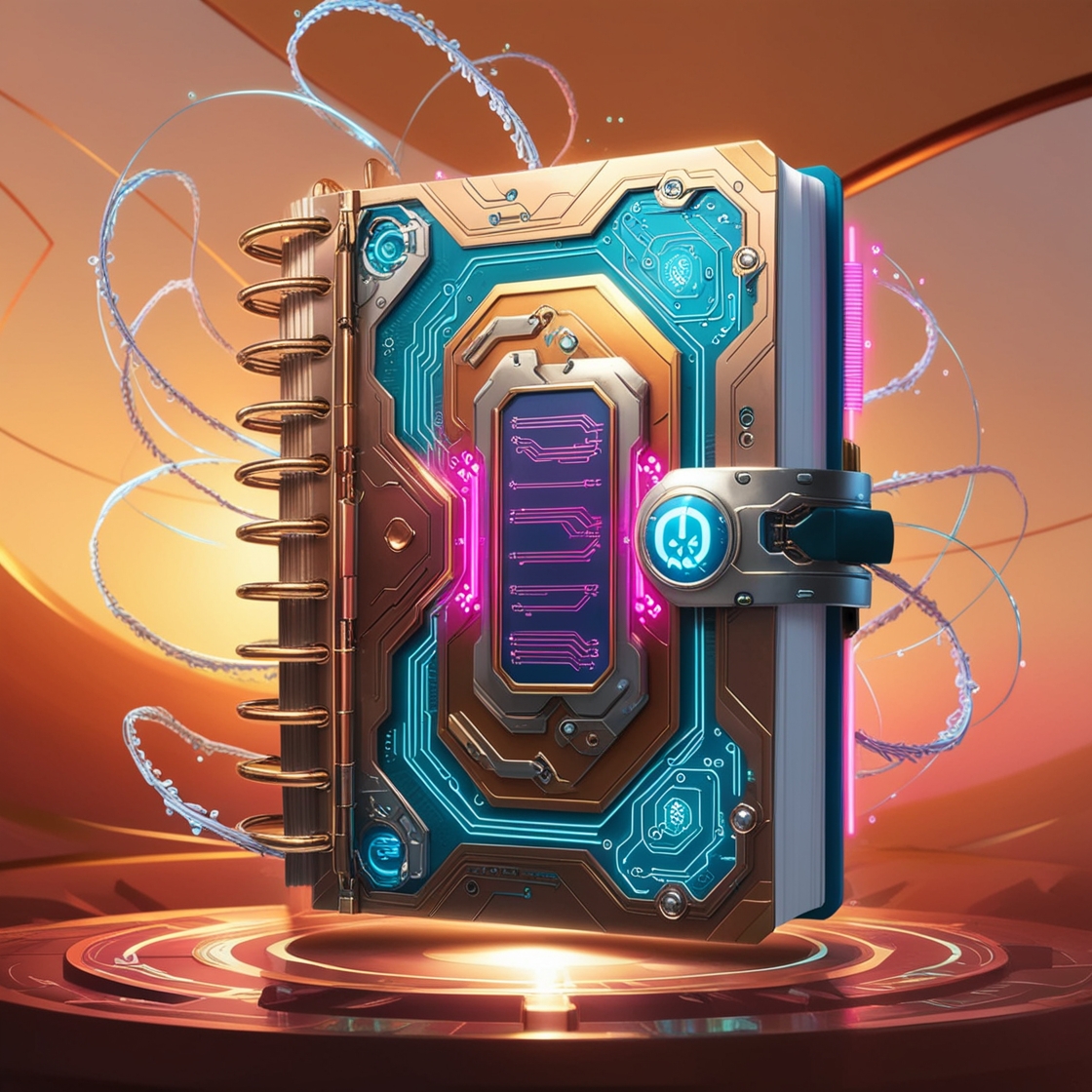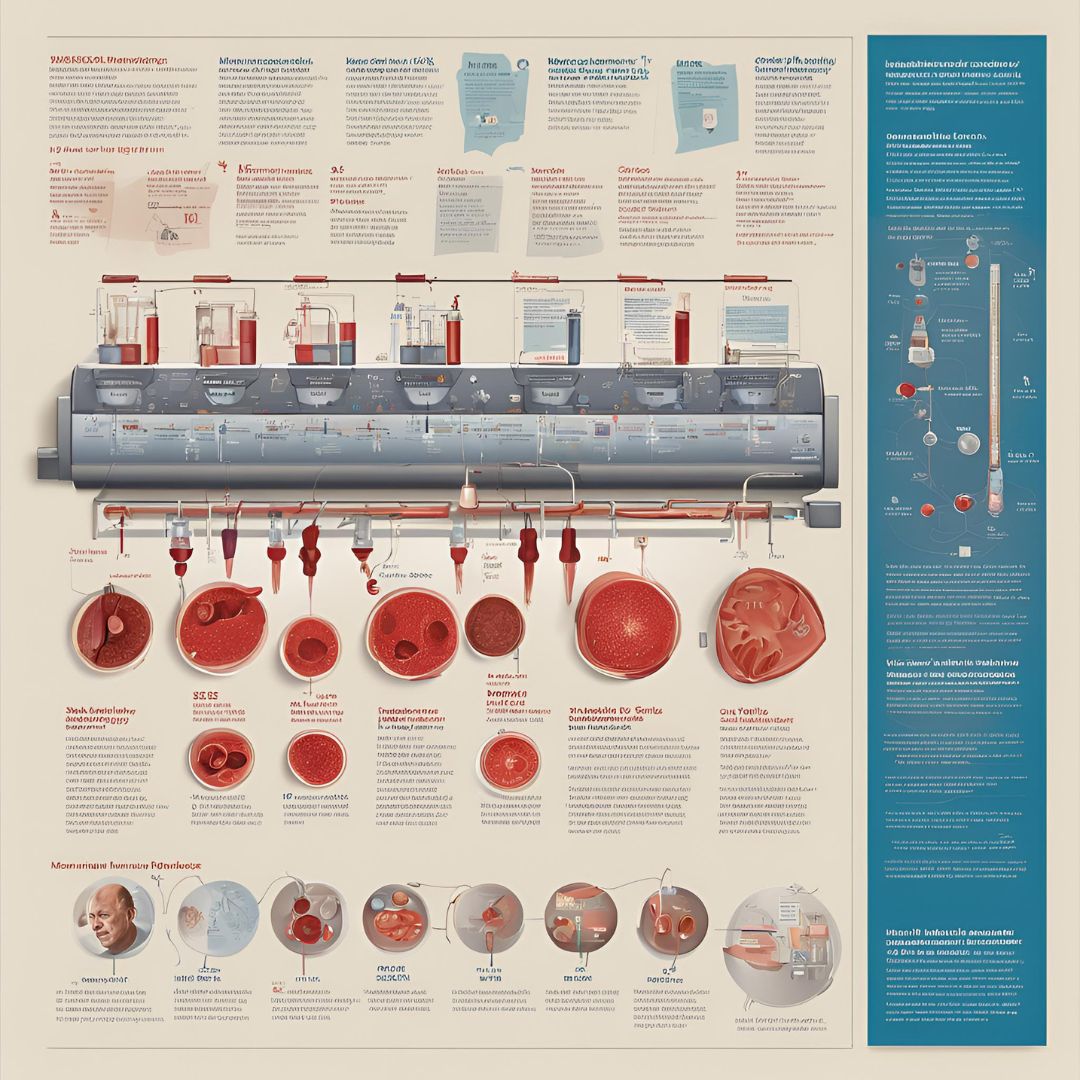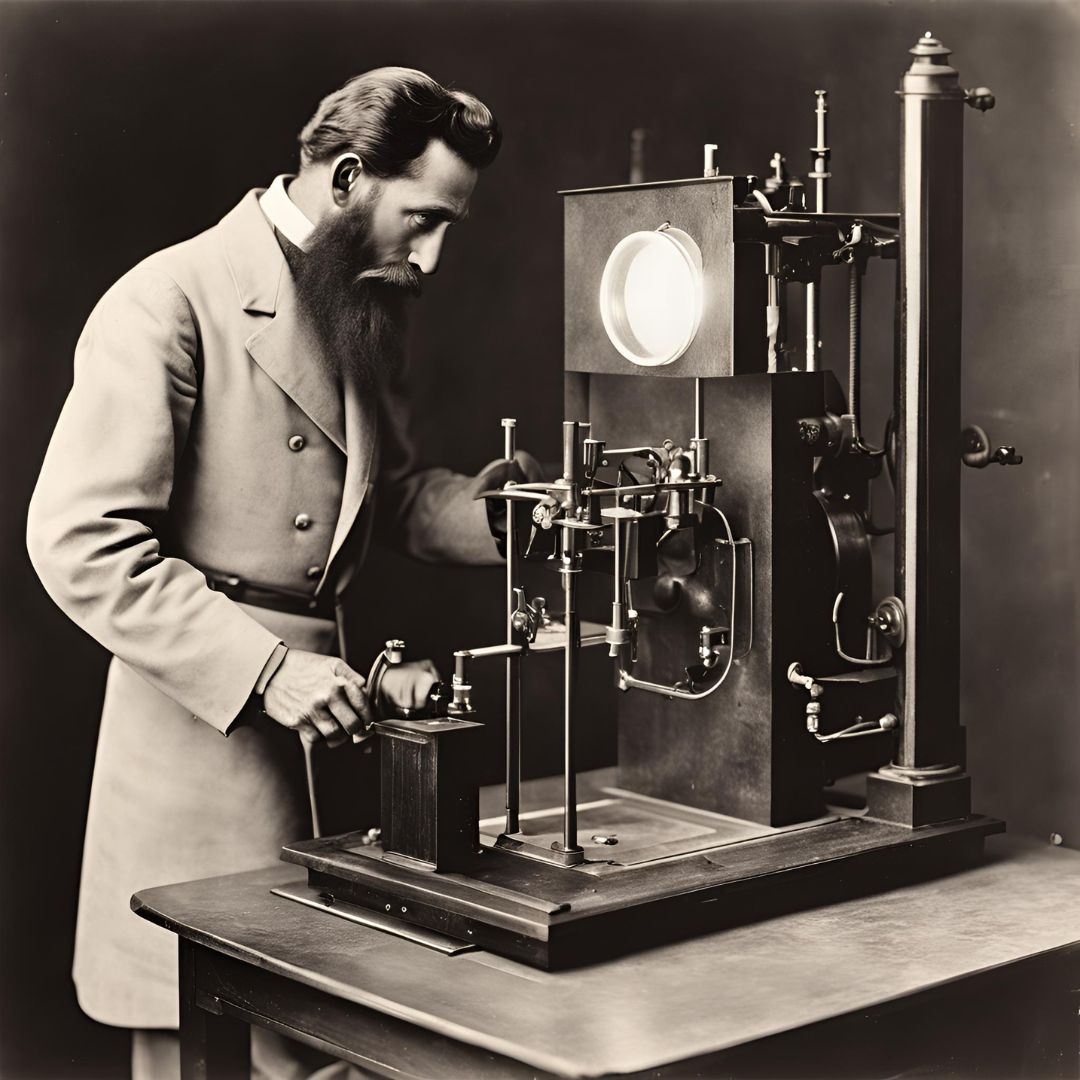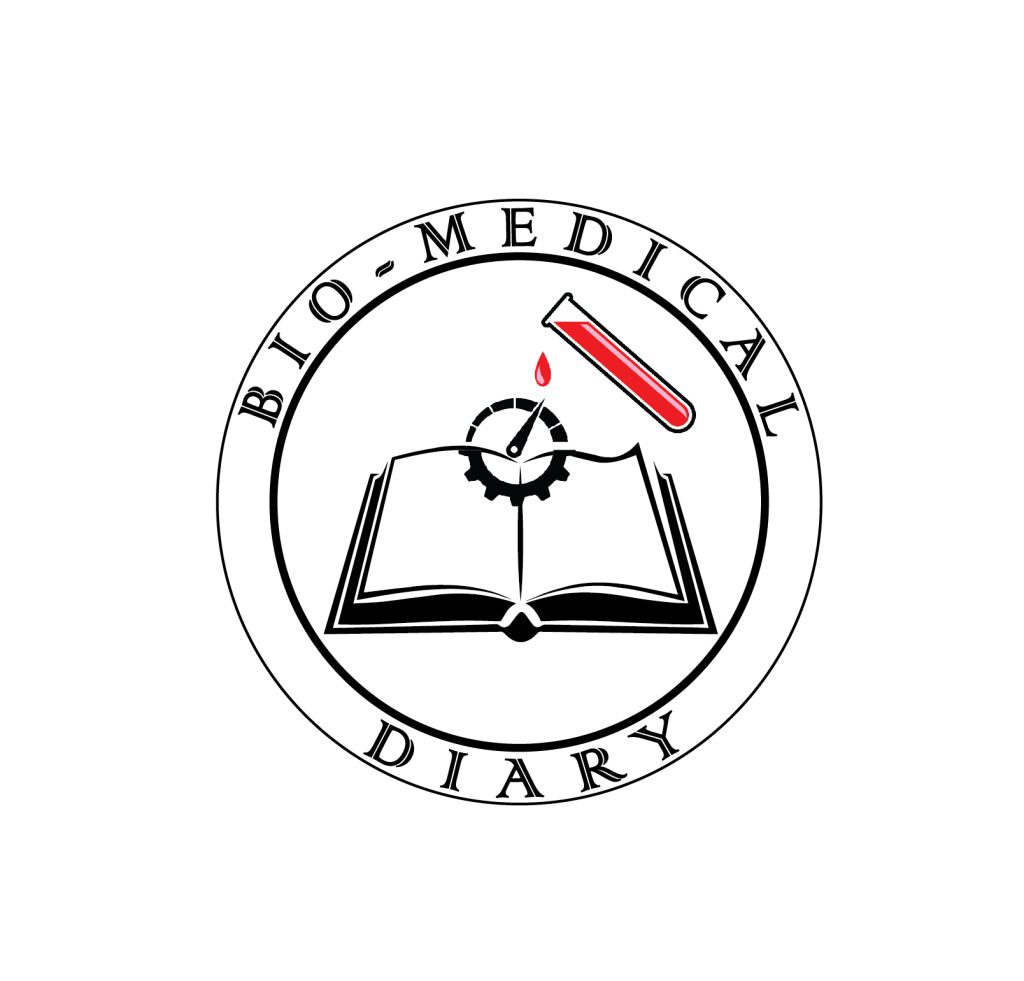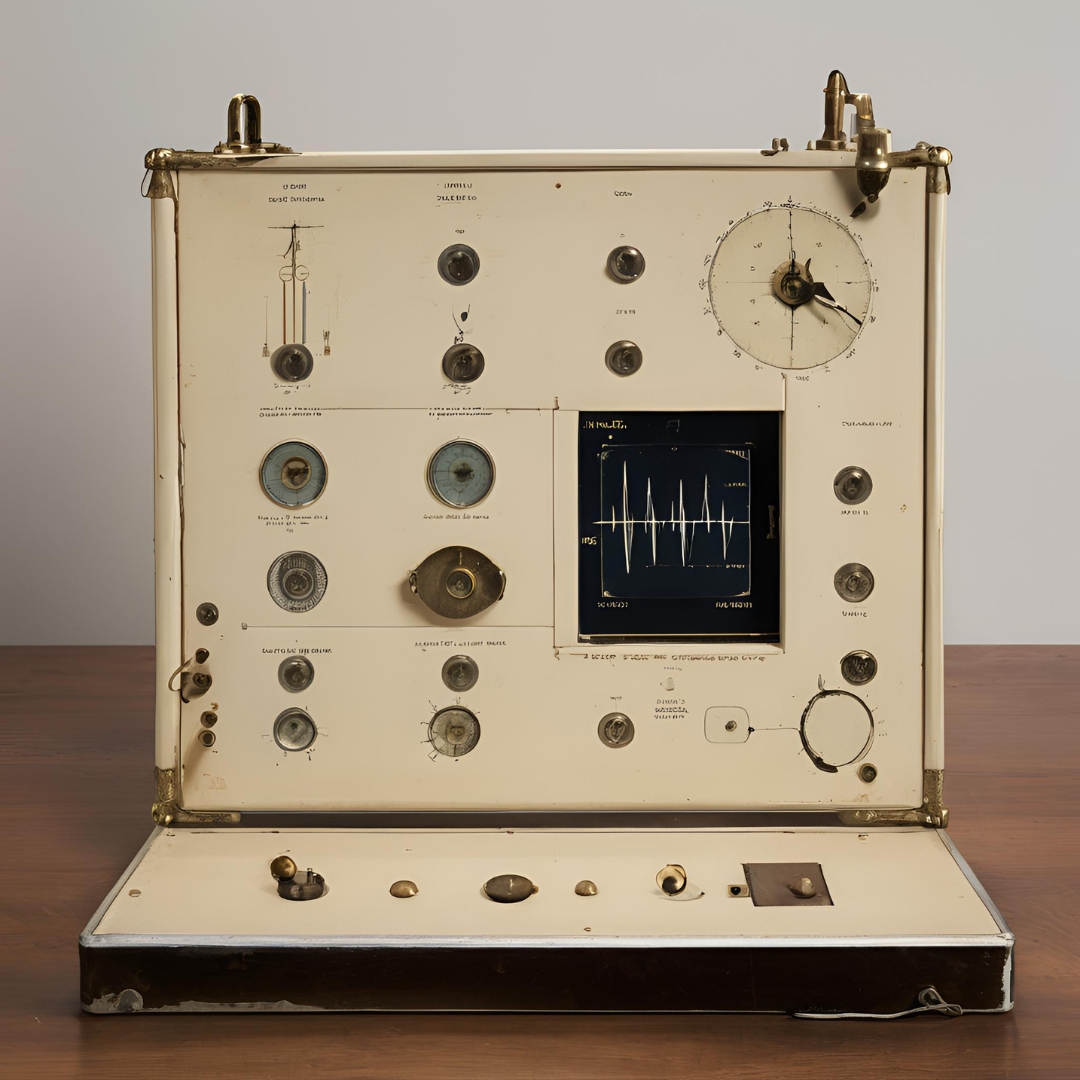When I began my journey as a biomedical engineer over eight years ago, I didn’t fully grasp how profoundly this field would shape me, both professionally and personally. Initially, I focused on the technical aspects; however, over time, I discovered its deep impact on lives. As I continued to learn and grow, the influence on my professional development became evident. Moreover, the personal growth I’ve experienced has been equally significant. Overall, my journey has blended professional achievement with personal transformation.
Biomedical engineering is where technology, biology, and a desire to improve lives intersect. Furthermore, it’s a realm fueled by innovation, where each discovery represents a step toward a healthier, better world.
In addition, this journey is deeply emotional. Witnessing how the devices and systems we design affect people’s lives continually fuels my passion. Therefore, I’d like to share some career highlights, the challenges I’ve faced, and what continually inspires me as I advance in this field.

The Beginning: A Passion for Science and Helping Others
Like many in the biomedical field, my passion stemmed from a love for science and helping others. From a young age, I was captivated by merging technology with healthcare. I often wondered how we could design machines to diagnose diseases, assist with surgeries, or aid patient recovery. This curiosity and my love for biology naturally led me into the world of biomedical engineering.
I remember those early days—diving into research papers, working late into the night, learning the intricacies of the human body alongside the technology that could support it. The more I learned, the more determined I became. My journey wasn’t just about creating devices; it was about understanding the human impact of those devices. I wanted to be part of something bigger, something that had a lasting effect on people’s lives.
The Challenges: Science Isn’t Always Easy
The field of biomedical engineering is rewarding, but it isn’t without its challenges. Over the years, I’ve faced moments of doubt, technical setbacks, and tough decisions. Sometimes, projects didn’t turn out the way I expected, or I’d be stuck trying to solve a problem that seemed impossible to fix.
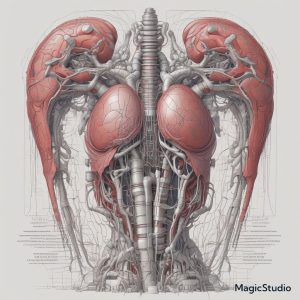
But through those struggles came growth. One of the first major challenges I faced was designing a medical device that would help monitor patients with chronic illnesses. After months of development, we hit a wall—the device just wasn’t working the way we needed it to. Frustration grew, but so did my determination. I spent countless hours brainstorming, testing, and reworking the design with my team. In the end, we found a solution that worked. That moment taught me something important: setbacks aren’t failures; they’re part of the journey. It’s the problem-solving, the push through the difficulties, that leads to breakthroughs.
The Breakthroughs: Success and Innovation
One of the most rewarding aspects of biomedical engineering is witnessing how innovation changes lives. Throughout my career, I’ve had the honor of being part of several projects that have had a real, tangible impact on people’s health.
One of the proudest moments in my career was being involved in the development of an advanced prosthetic limb. Watching someone regain their independence because of the technology we created was an incredibly emotional experience. I remember the first time I saw a patient use the prosthetic, and I was overwhelmed with a sense of fulfillment. It wasn’t just about the technology; it was about giving someone their life back.
Another highlight was working on a diagnostic tool that helps detect certain cancers at an early stage. Early detection can be the difference between life and death, and knowing that our work contributed to potentially saving lives is something that stays with me every day.
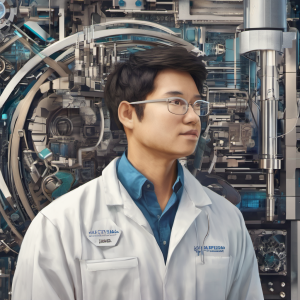
Why Biomedical Engineering Matters
What keeps me going after eight years in this field is the knowledge that what we do as biomedical engineers truly matters. We aren’t just creating products; we’re creating hope. We’re designing devices that give patients more time with their families, that allow doctors to treat diseases more effectively, and that give people the chance to live better, healthier lives.
I’m constantly reminded of the emotional side of our work. Every time I hear a success story from a patient who benefited from a device or a procedure I helped develop, it reinforces why I chose this career. There’s an emotional connection to the work we do that’s hard to describe but deeply fulfilling. It’s knowing that, in some small way, you’ve made a difference in someone’s life.
The Future: Continuing to Innovate
Looking forward, I’m excited about the possibilities ahead. Biomedical engineering is a constantly evolving field, and new innovations are always on the horizon. From artificial intelligence aiding in diagnosis to 3D-printed organs, the future is filled with potential. And I’m thrilled to be a part of it.
One area I’m particularly passionate about is personalized medicine. This approach tailors treatments to the individual, considering their unique genetic makeup, lifestyle, and environment. It’s the next frontier in healthcare, and I believe it will revolutionize the way we treat diseases. Imagine a world where we can provide the right treatment at the right time, based on a person’s specific needs. The implications for patient care are profound, and I’m excited to contribute to this revolution.

Final Thoughts: My Heart in Biomedical Engineering
As I reflect on my eight years in this field, I feel an overwhelming sense of gratitude. Biomedical engineering has challenged me, shaped me, and, most importantly, given me the opportunity to make a positive impact on the world. There’s no greater reward than knowing that the work I do helps others live healthier, fuller lives.
If I could give advice to anyone starting their journey in biomedical engineering, it would be this: stay curious, embrace the challenges, and never lose sight of the impact your work has on people. This field is as much about the human experience as it is about science and technology. It’s about connecting with people, understanding their needs, and using your skills to improve their lives.
I’m excited to continue this journey, knowing that there are still so many discoveries to be made, challenges to overcome, and lives to change. Biomedical engineering is not just a career for me; it’s a calling—and I can’t wait to see where it leads next.
